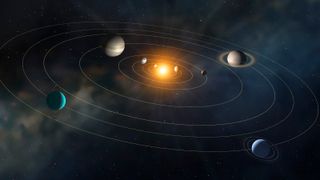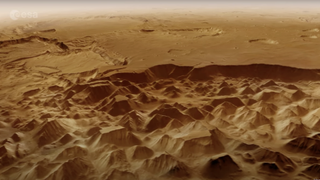Planet news, features and articles
Latest about Planets
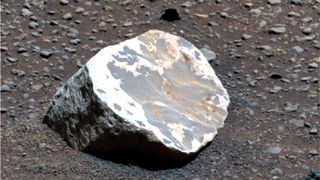
Strangely bleached rocks on Mars hint that the Red Planet was once a tropical oasis
By Joanna Thompson published
Bleached clay rocks found on the Martian surface suggest that the Red Planet was once home to heavy rainfall and tropical conditions, new Perseverance observations hint.
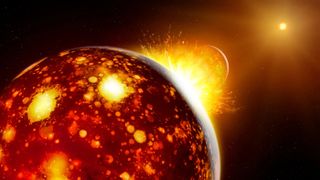
Earth had a secret neighbor, and it may explain our moon
By Sharmila Kuthunur published
Earth may have a moon today because a nearby neighbor once crashed into us, a new analysis of Apollo samples and terrestrial rocks reveals.

See a rare conjunction of Mercury and Venus late tonight
By Jamie Carter last updated
The inner planets Mercury and Venus will both be visible in the east-southeast sky before sunrise on Tuesday, Nov. 25.
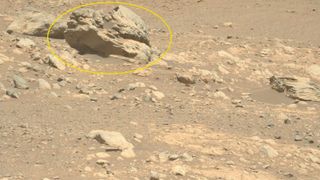
Odd-looking rock on Mars is totally alien to the Red Planet, Perseverance rover finds
By Harry Baker published
NASA's Perseverance Mars rover recently came across an odd rock, dubbed "Phippsaksla," that is unlike anything else the robot has found on the Red Planet. It turns out that it probably isn't from our neighboring world and likely crashed on Mars instead.
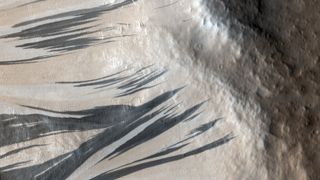
2 million black 'streaks' on Mars finally have an explanation, solving 50-year mystery
By Harry Baker published
A new analysis of data from NASA's Mars Reconnaissance Orbiter reveals that the majority of the Red Planet's dark "slope streaks" did not form as most researchers previously assumed.
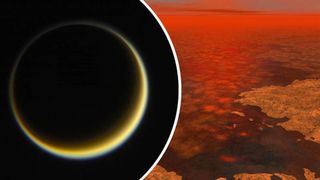
On Saturn's largest moon, water and oil would mix — opening the door to exotic chemistry in our solar system
By Victoria Atkinson published
On Saturn's largest moon, Titan, molecules that would never mix on Earth are mixing together, seemingly defying a fundamental rule of chemistry.
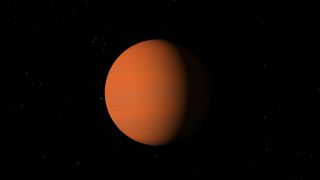
Science history: Astronomers spot first known planet around a sunlike star, raising hopes for extraterrestrial life — Nov. 1, 1995
By Tia Ghose published
About 50 light-years from Earth, a gas giant about half the mass of Jupiter orbits a sunlike star. The discovery of Pegasi 51 b ushered in a new era of exoplanet research.
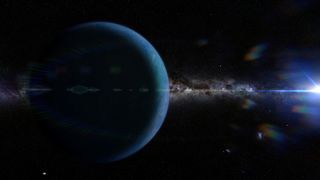
'Planet Y' theory hints at hidden Earth-size world lurking in the solar system — and it could be much closer to us than 'Planet Nine'
By Harry Baker published
A new study has proposed the existence of Planet Y, an alternative Planet Nine candidate that is smaller and closer to Earth than the hypothetical Planet X, which astronomers have been hunting for almost a decade. However, the evidence for this newly theorized world is "not definitive."
Get the world’s most fascinating discoveries delivered straight to your inbox.
 Live Science Plus
Live Science Plus










